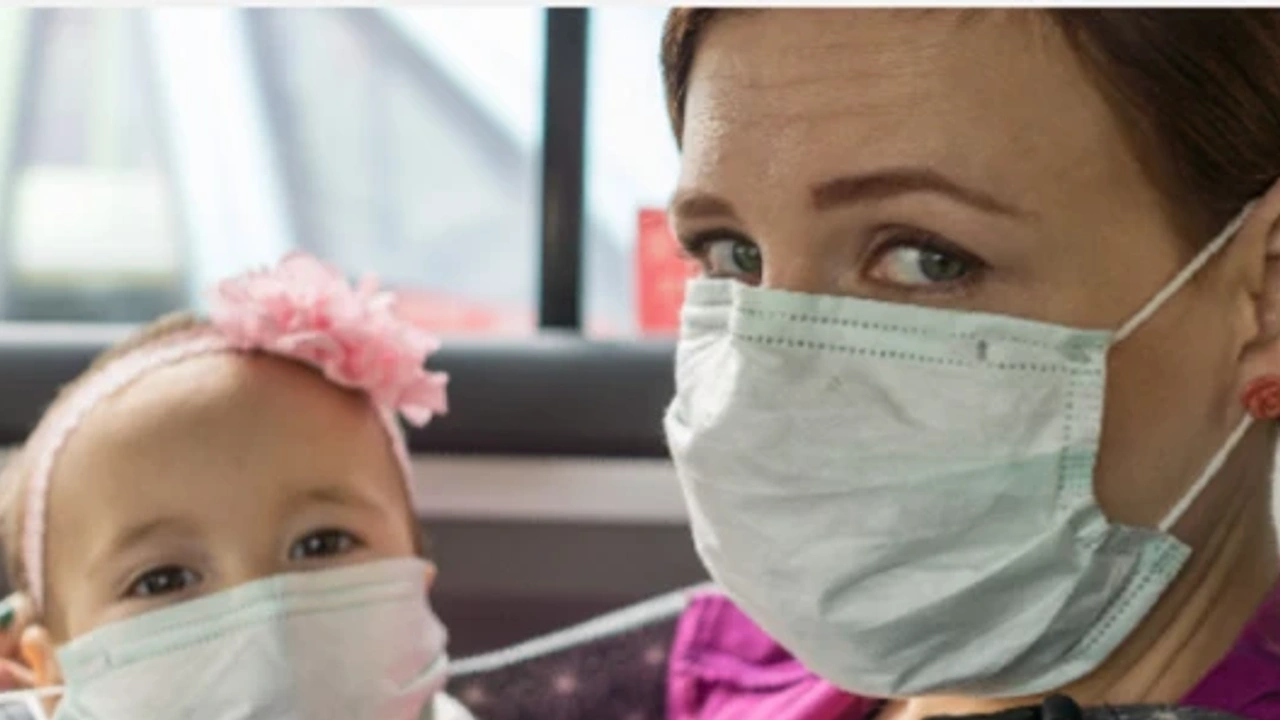Preparing Children for Unpleasant Tasks
Jul 02, 2022
I was once at a doctor’s appointment and while waiting for my turn, overheard a kid about 8-10 years protesting loudly in the next room.
“No I don’t want to be touched! Please don’t do this! It hurts!” His mom: “No no beta.. it doesn’t hurt..” Nurse: “I will magically put the needle in your arm and you won’t even feel anything!” Boy: “I will! Needles hurt!!” Mom: “No beta.. believe me they don’t!” Nurse: “Your mom is right.. she’s a doctor.. she knows they don’t hurt!” Boy: “They do they do!”
You know that didn’t go well!
Lying to kids in attempts to decrease their pain magnifies it even more and adds a layer of mistrust and fear.
Imagine how you’d feel if your spouse puts you in the car, takes you to a hospital and people you’ve never met start to prod you with weird tools and no one says ANYTHING to you the entire time except, “don’t worry.. this won’t hurt!”
Yeaaah, no.
(Did anyone else get the picture of a sci-fi movie in their head where the protagonist gets kidnapped for mysterious experiments with sinister outcomes?;))
Here are some steps that can make unpleasant experiences like doctor visits or new babysitter coming or even potty training easier.
1- Operate from the assumption that for kids everything feels new and scary unless they’ve experienced it before. Things that seem harmless or even fun to us, can be downright terrifying for kids! (Ever notice a toddler’s reluctance and fear in a new play place?)
2- And so, prepare them for what’s to come in as much detail as you can. Start talking to them about it a few days in advance. (This will wary from age to age, for younger toddlers, just a day in advance is fine). Narrate the whole sequence of events.
3- Use pictures, books and videos and show them what will happen.
4- When possible, role-play. Pretend to be the patient. Pretend to take the medicine yourself that they “pour” for you.
5- Let them take as much control as possible during the process. For shots, let them seat themselves and roll up their sleeves. For giving medicines, let them hold the syringe or cup.
6- Narrate during the process if the doctor/nurse doesn’t. (The nice doctor will now check your heartbeat with the stethoscope.. don’t be afraid to use real terms and show them during prep. time them what they are.. NO MATTER what age).
7- Encourage calmly during the process without going overboard, “You’re doing great.. it’s ok to be scared.. let me know if you need me to hold your hand... I’m staying close...” etc.
8- Be honest and realistic about the experience. “The needle will hurt a little bit.. like a pinch.. but it doesn’t last long and is over quickly!” “The dentist’s tools will feel funny in your mouth but won’t hurt.” “The play place will be loud and have lots of people but you don’t have to do anything you don’t feel like doing.”
Adults mean well when they try to convince kids that “there will be no pain” and “it’s ok, don’t be scared” but that just creates a fear of fear itself.
Our goal is to befriend the fear and show our children that it’s normal and healthy to be afraid, and equip them with ways to ride the fear with resilience and straightforwardness.
